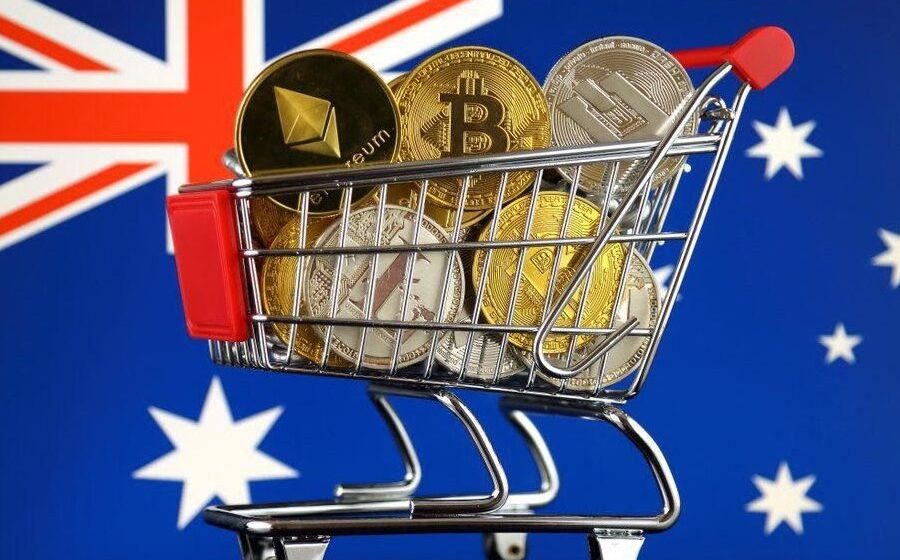Caroline Malcolm, the Australian-born head of international policy at crypto security firm Chainalysis, believes the federal government will soon introduce regulatory reforms to offer everyday Australians a higher level of consumer protection.
Regulations Likely Within Next Year
The former head of the OECD’s global blockchain policy centre told attendees at the Chainalysis LINKS conference in Sydney that she believes regulations will be implemented in the next six to 12 months.
Specifically, the focus is likely to relate to advertising standards and prohibited practices, and bringing those in alignment with traditional investment regulations:
“Thinking about some of those traditional concepts around market manipulation, for example, and bringing those into crypto space and starting to have some obligations there in terms of whether it be wash trading, front-running, or insider trading.”
– Caroline Malcolm, head of international public policy and research, Chainalysis. Source: Australian Financial Review
Malcolm noted that the new regulations would require clarity, particularly in the areas of advertising and promotion:
“It’s not about banning advertising or banning the sale of particular assets to particular parts of the community. But [it is] really about making sure that there’s no misleading advertising, that there are disclosures about what you’re actually buying when you’re getting into this sector, and making sure that those risks are as clear to you as the opportunities are.” Caroline Malcolm, head of international public policy and research said.
‘Australia Can’t Tackle This Alone’
Malcolm suggested that Australia is likely to take a similar approach to the UK, which has brought crypto assets into a similar regime as for other financial products.
Speaking in relation to Australian regulators and the local industry, she added that both have “misconceptions” about risk levels in crypto, and “both need to work together to understand each other’s obligations”. Malcolm argued further that Australian regulators ought to be working with global counterparts to ensure one country’s approach is as consistent as possible with others’.
“Australia can’t tackle these issues by itself. We really need to work together to almost have a sandbox for trialling new approaches which cannot just put us in the same position in terms of policy outcomes, but perhaps even put us in a better position to allow us to be more effective in some of these policy objectives that we have,” Malcolm said.
While Australians made US$2.1 billion in crypto gains during 2021, it isn’t clear how they have fared thus far in 2022, particularly after the most recent downturn. Arguably, this may be the appropriate time to introduce sensible consumer regulations in alignment with other financial products.



